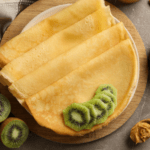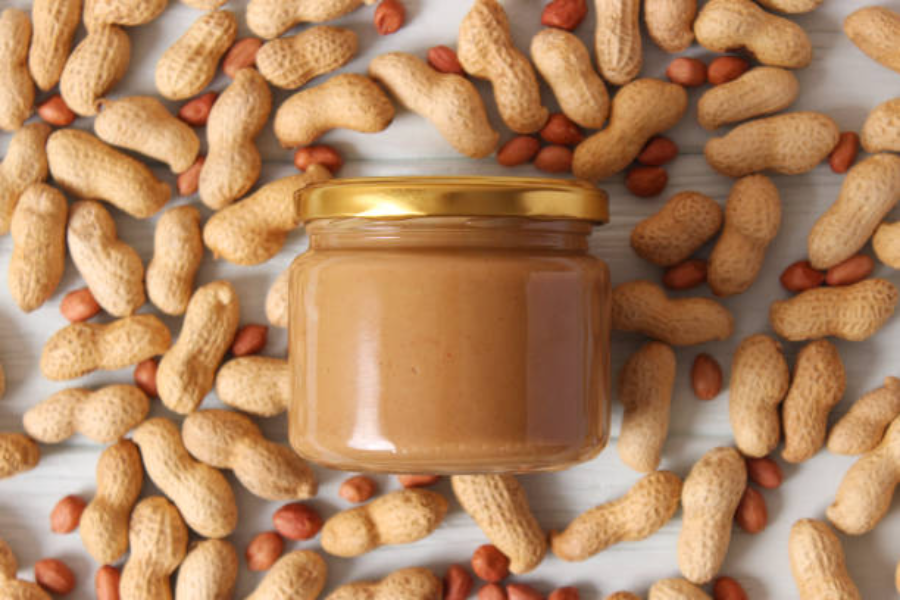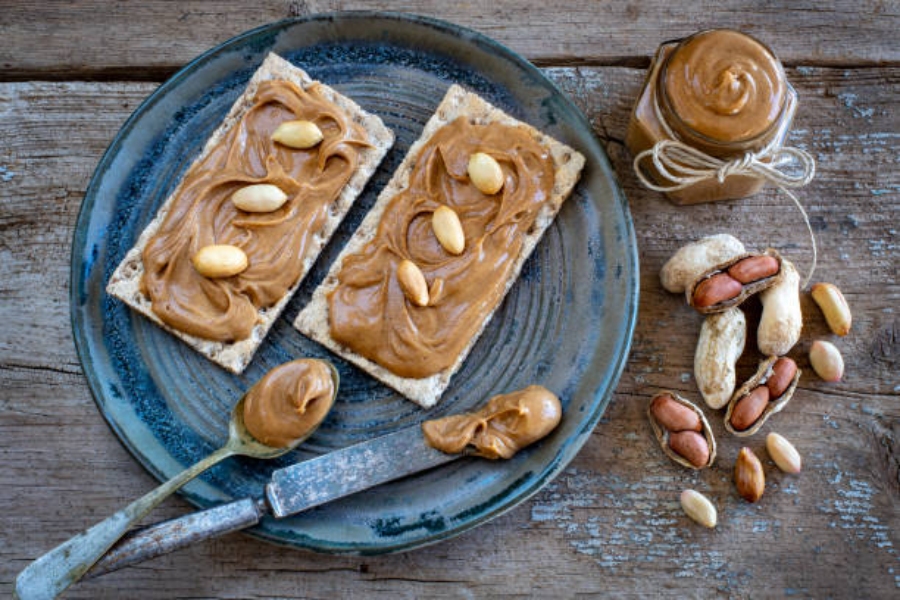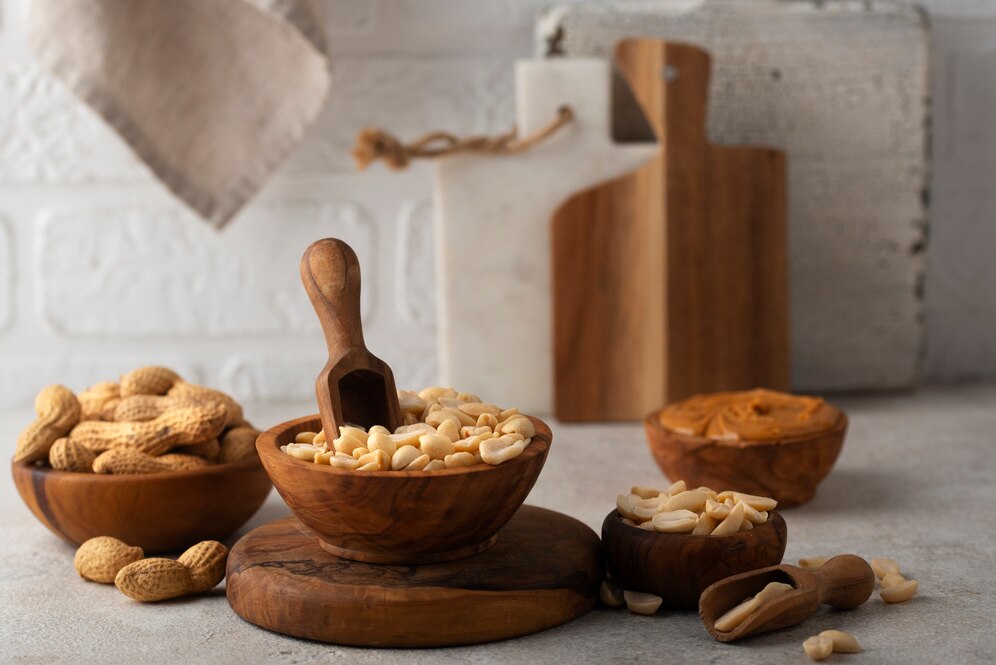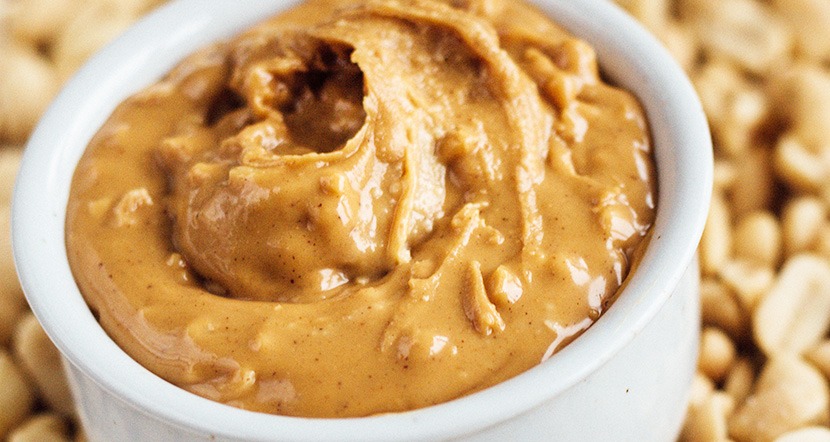
Lesser-Known Facts About Peanut Butter
The purpose of this blog article is to explore the significant presence of peanut butter in different aspects of pop culture, showcasing its familiarity and impact.
1. Peanut Butter Support Your Heart Health
Eating peanut butter is good for your heart. A study found that eating a small handful of peanuts lowers the risk of dying by 21% and decreases the chance of getting heart disease by 38%. The benefits of peanut butter extend to heart health through its capacity to reduce inflammation and facilitate the dilation of blood vessels. This dual mechanism fosters superior blood circulation and a consequent decrease in blood pressure.
When you replace fats from sources other than peanut butter in your diet, it maintains favorable levels of good cholesterol, blood sugar, and blood pressure. This management is pivotal in significantly reducing the likelihood of developing heart disease.
Among the benefits of peanut butter, the incorporation of omega-6 stands out for its capacity to lower undesirable cholesterol and promote favorable cholesterol. Furthermore, the inherent presence of arginine in peanuts, acting as a natural source, stimulates optimal blood vessel function, offering a preventive shield against vascular diseases.
2. Maintain Muscle Density
Magnesium is essential for muscles and makes them strong. Eating two tablespoons of peanut butter will give you 16% of the magnesium you need in a day. This can help you become stronger. Peanut butter is also full of protein, which is suitable for making muscles even more robust. So, eating peanut butter can be a great addition to your strength-building routine.
It’s essential to keep your muscles strong when trying to lose weight. If you lose power, your body’s ability to burn calories decreases. To help with this, you can add protein-rich peanut butter to your diet. This enables you to lose weight and keeps your muscles healthy, which is crucial for good metabolism. Protein in peanut butter helps build and maintain muscles, burn fat, boost metabolism, and keep you healthy.
3. It was made for people who had no teeth
Thinking becomes essential when dealing with individuals without teeth and who need protein. This was the mindset of Dr. John Harvey Kellogg back in 1895 when he developed the first peanut butter. Peanut butter was officially showcased publicly in 1904 at the St. Louis World’s Fair.
4. Peanut Butter is packed with key nutritional elements
Peanut butter is more than just delicious; it contains nutrients like healthy fats and protein. Two tablespoons provide 7 grams of protein and fiber, plus some sugar in branded types. Derived from peanuts, natural peanut butter provides 8 grams of protein, 12% of your daily fiber, and vital nutrients such as niacin, copper, magnesium, zinc, and vitamin B6. This establishes it as a genuinely potent source of nutrition.
Peanut butter has good stuff, but it might not be healthy. That’s because it has a lot of fat, which means it has many calories. Usually, two tablespoons of peanut butter have about 190 calories. So, it’s wise not to overeat it. If you want more peanut butter without getting too many calories, remove the oil from natural peanut butter or try powdered peanut butter.
5. Peanut Butter and Mayo Sandwich are great Depression meals
Peanut butter and mayo sandwiches, a surprising American staple, originated from Dr. John Harvey Kellogg’s effort to replace meat with peanut butter. This combo gained popularity in the 1930s South due to affordability and its calorie-rich nature, helping people make the most of limited resources during the Great Depression. Mixing mayo with peanut butter was even touted in newspapers for easy spreading.
The sandwich evolved into numerous versions, incorporating intriguing elements like bacon, cheddar cheese, pickles, onion, and a fusion of apple, peanut butter, and mayonnaise, forming a distinctive salad. These innovative sweet and savory additions added a delightful crunch, transforming the sandwich beyond the traditional peanut butter and mayo mix.
6. Peanut Butter Boost Memory
Incorporating peanuts and peanut butter into your regular diet can profoundly impact memory enhancement and stress management. The combination of vitamins, minerals, antioxidants, and plant-based protein in peanuts can bolster memory function while alleviating anxiety levels





